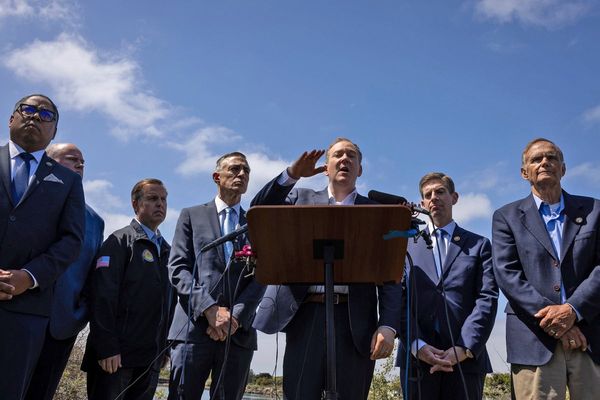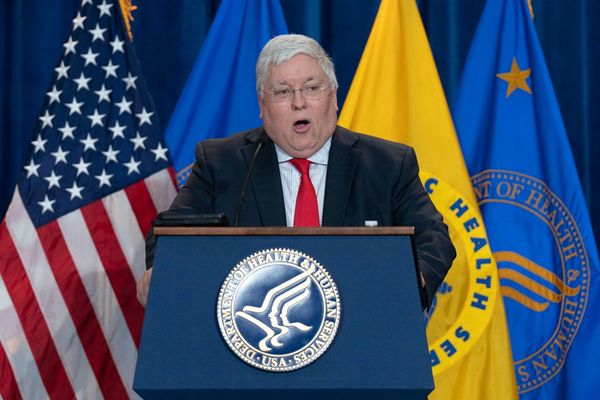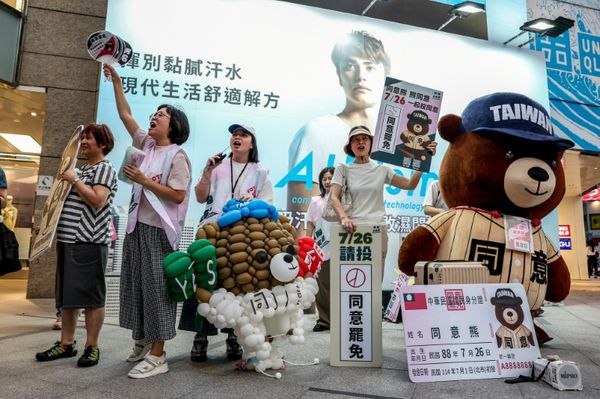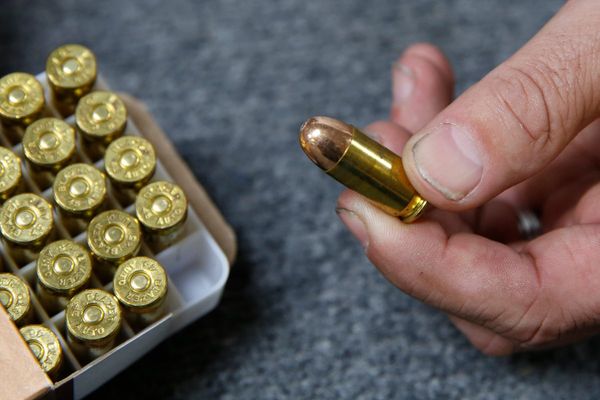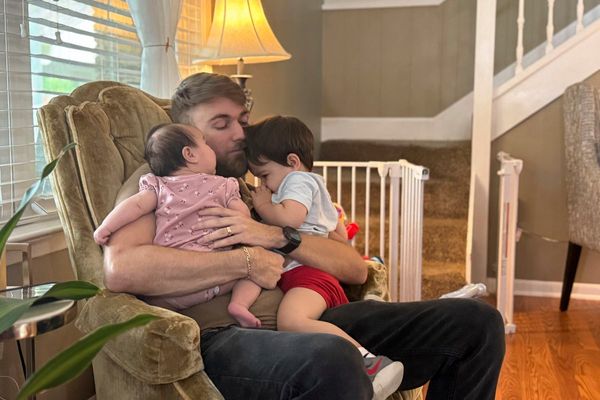
Donald Trump has announced a trade deal with Japan, potentially resolving weeks of fraught negotiations between the two allies which had caused economic uncertainty in Tokyo and mounting speculation about the future of the prime minister, Shigeru Ishiba.
“We just completed a massive deal with Japan,” the US president announced in a post online, adding: “Japan will invest, at my direction, $550 billion dollars into the United States.”
Ishiba said his country’s tariff negotiator had received the details of the deal and he would examine them before responding. “Our overarching concern is the interests of the nation,” he said.
In the post on Tuesday evening, Trump said Japanese imports would face a 15% tariff, an improvement on the 25% he threatened this month to impose from 1 August.
It was unclear at what tariff rate US imports to Japan would be charged.
Trump also claimed that Japan would open its market to US products including cars, trucks, rice and certain agricultural products, many of which had proved to be a sticking point in negotiations.
Ishiba is facing growing opposition from within his own party after he vowed to stay on as leader after his coalition lost its upper-house majority in elections last weekend, after losing its majority in the lower house in October. His position is widely regarded as untenable in light of the two consecutive electoral defeats.
After the deal was disclosed by Trump, Japan’s Mainichi newspaper reported that Ishiba would announce his resignation as prime minister by the end of next month.
According to media reports, Ishiba told his close associates that he would explain how he would take responsibility for the election loss once a solution was reached on trade negotiations. The Guardian was unable to confirm these reports.
A senior member of the Ishiba administration told the public broadcaster NHK that Trump’s post on social media regarding the trade deal was “accurate” and something that “Japan welcomes”.
US tariffs of 50% on imports of Japanese steel and aluminium are not part of the deal and the agreement does not include any reference to defence spending, Japan’s top tariff negotiator, Ryosei Akazawa, said.
Japan’s auto industry – which accounts for 8% of jobs in the country – was reeling from a 25% levy on imports to the US. The announcement on Tuesday made no mention of easing tariffs on cars – which account for more than a quarter of all Japanese exports to the US – but Ishiba later confirmed that the rate would be lowered to 15%.
“We are the first [country] in the world to reduce tariffs on automobiles and auto parts, with no limits on volume,” he told reporters.
Shares in Japanese automakers surged after the announcement, with Japan’s overall Nikkei 225 index of stocks gaining more than one percent.
Earlier this month, Trump bemoaned Japanese consumers’ lack of enthusiasm for American cars and rice, labelling Japan “very spoiled”. He suggested that a deal with Japan might not be possible.
Akazawa has been in the US this week for his eighth round of talks. Japan’s Asahi newspaper reported he met with Trump at the White House on Tuesday.
The deal with Japan follows agreements struck in recent weeks with the Philippines, Indonesia, the UK and Vietnam, and come as Trump has faced pressure to wrap up trade pacts after promising a flurry of deals ahead of his 1 August tariff deadline.
Trump announced a new 19% tariff rate for goods from the Philippines on Tuesday, after a visit to the White House from Philippine president Ferdinand Marcos Jr Trump said there would be no tariffs from the Philippines on US goods.
Later, the White House confirmed the same 19% tariff rate for Indonesia, down from an initial 32%, as it released terms of a deal reached last week that calls for Indonesia to eliminate tariff and non-tariff barriers on most US goods.
With Reuters
